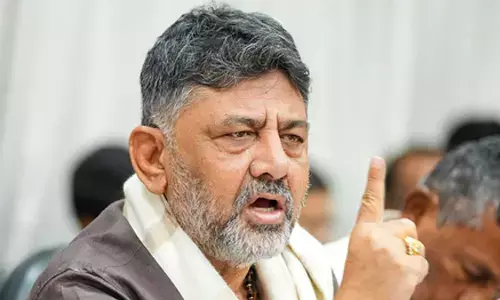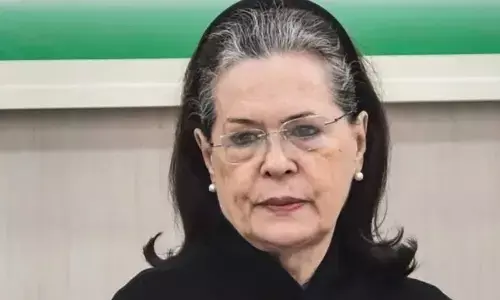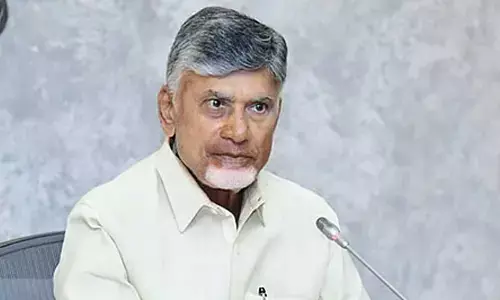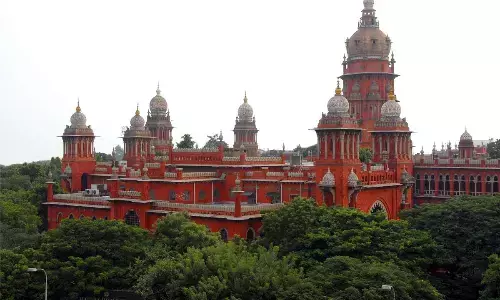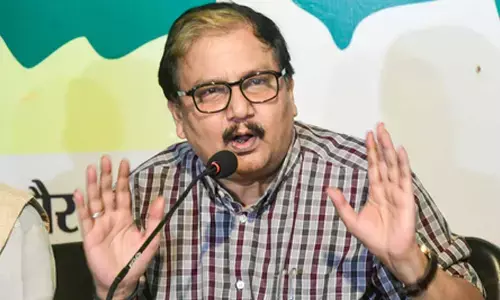Pakistan government in favour of military trial of civilians
Share :
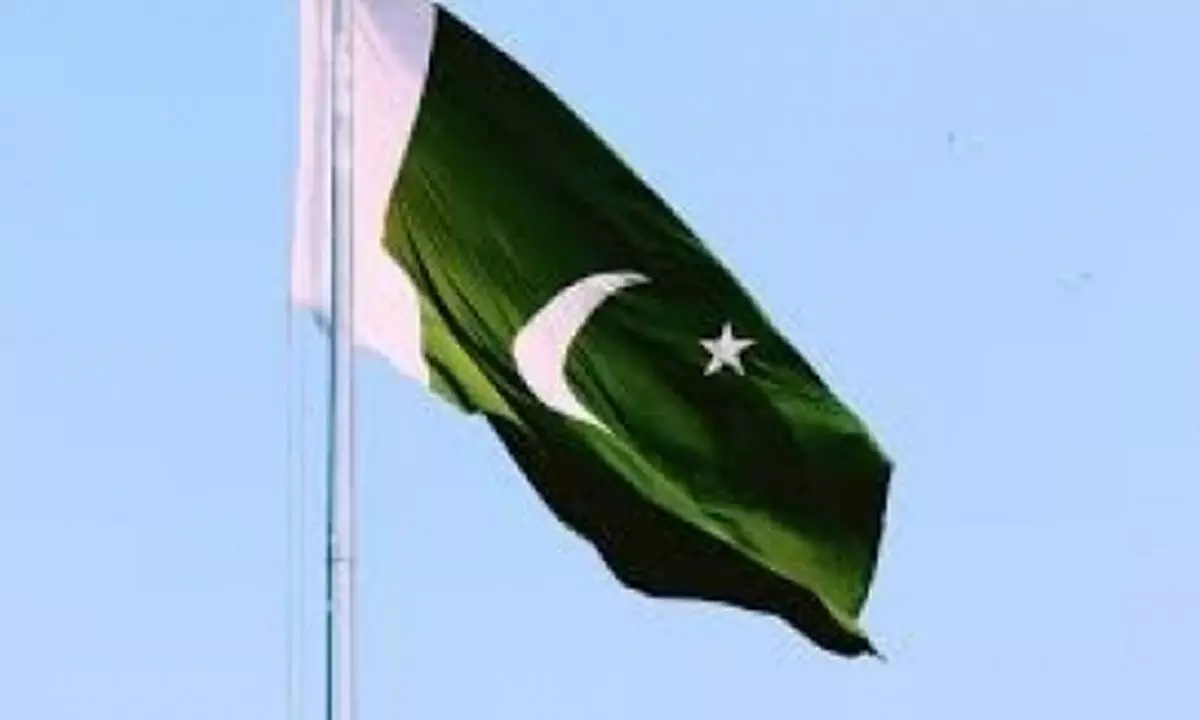
The Pakistan government has defended its decision of military trials of civilians, involved in incidents of violence and vandalism targeted at military installations and government buildings, terming them as a direct attack on the national security of the country.
Islamabad: The Pakistan government has defended its decision of military trials of civilians, involved in incidents of violence and vandalism targeted at military installations and government buildings, terming them as a direct attack on the national security of the country.
Submitting the government response in the Supreme Court of Pakistan (SCP) where the decision of enforcing trial of culprits in military courts under the Secret Services Act and the Pakistan Army Act; the Attorney General of Pakistan (AGP) maintained that violence against military and vandalism of army installations was a direct attack on the national security of Pakistan, and was therefore prejudicial to security, interests and defence of the country.
"To create deterrence in respect of such attacks, our constitutional framework allows perpetrators of such vandalism and violence to be tried under provisions of the Army Act 1952," stated the government through AGP Mansoor Awan.
The government also related the May 9 violence with terrorism related incidents and events of the past involving Shakeel Afridi and Kulbushan Yadhav, emphasising that recent events are enough evidence to establish the "involvement of foreign powers in spreading instability in the country with an aim to weaken the armed forces of Pakistan and the country's national security".
"Under these circumstances, the trial of those accused of violence against the armed forces, as well as the personnel and establishments thereof, under the Army Act, is an apt and proportionate response, in accordance with the existing and prevalent constitutional framework and statutory regime of Pakistan," maintained the government.
The government called on the apex court to consider its justification and dismiss all petitions filed against military trial of civilians in connection with the May 9 rioting and vandalism.
On May 9, former premier and Pakistan Tehreek-e-Insaf (PTI) chief Imran Khan was arrested from the Islamabad High Court (IHC) by the National Accountability Bureau (NAB) on charges of corruption in the Al-Qadir Trust case, prompting his supporters to take to the streets in anger and stage aggressive and violent protests targeted at military installations including the General Headquarters (GHQ) in Rawalpindi, Core Commander residence aka Jinnah House in Lahore, Rangers headquarters in Peshawar and other places in different cities of the country.
Khan, before leaving for the court hearing that day, had issued a video statement, warning the military establishment of "consequences and uproar" if he was arrested and put behind bars.
Since the violence, the government and the military establishment have launched a counter offensive against PTI protesters arresting thousands through search operations while "dismantling" PTI and Khan of its political team, who seemed to be leaving the party and its narrative after May 9.
Human rights organisations have also raised serious concerns over the government decision to impose military laws and military trial of civilians, terming it as an unconstitutional and unlawful practice, which negates the basic right of a common citizen of the country.
However, with the latest stance of the government, it seems that the government is adamant to ensure the "dismantling" of PTI and its public support while the military establishment seems inclined towards making May 9 violence as a symbolic case for all, who may consider challenging and targeting military installations in the future.







